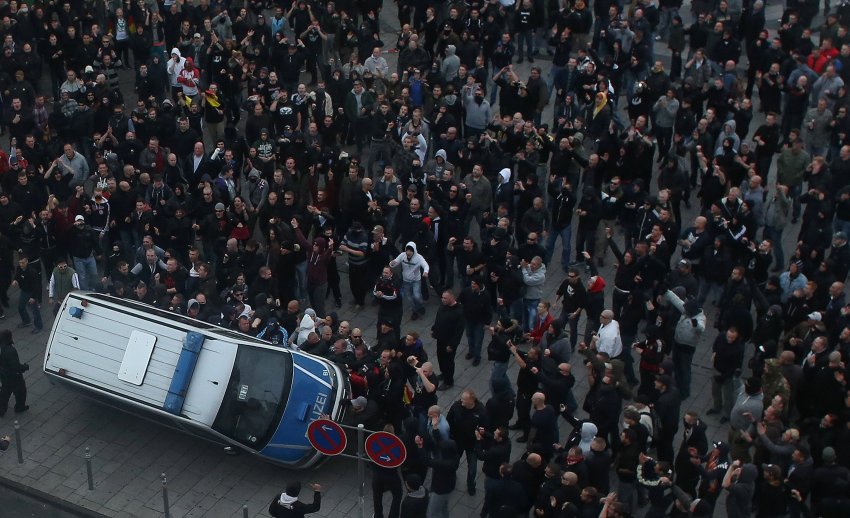On a continent where Muslim leaders are decrying a surge in discrimination and aggression, Alisiv Ceran is the terrorist who wasn’t.
The 21-year-old student at the University of Copenhagen recently hopped on a commuter train to this stately Scandinavian city, his bag bulging with a computer printer. Feeling jittery about a morning exam, he anxiously buried his nose in a textbook: “The United States After 9/11.”
A fellow passenger who reported him to police, however, saw only a bearded Muslim toting a mysterious bag and a how-to book on terror. Frantic Danish authorities launched a citywide manhunt after getting the tip. Ceran’s face – captured by closed-circuit cameras – was flashed across the Internet and national television, terrifying family and friends who feared he might be arrested or shot on sight.
“It was the first time I ever saw my father cry, he was so worried about me,” said Ceran, who called police when he saw himself in the news, then hid in a university bathroom until they arrived. “I think what happened to me shows that fear of Islam is growing here. Everybody thinks we’re all terrorists.”
Ceran’s ordeal is a sign of the times in Europe, where Muslims are facing what some community leaders are comparing to the atmosphere in the United States following the attacks of Sept. 11, 2001.
Then, fears were linked to al-Qaeda. Today, they are tied to the Islamic State – and, more specifically, to the hundreds of Muslim youths from Europe who have streamed into Syria and Iraq to fight. Though dozens of Americans are believed to have signed up, far more – at least 3,000 – are estimated to have come from Europe, according to the Soufan Group, a New York-based intelligence firm.
One French returnee staged a lethal attack in Belgium last year. After more alleged terror plots were recently disrupted in Norway and Britain, concern over the very real risk posed by homegrown militants is now building to a crescendo among European politicians, the media and the public.
“It’s a clash of civilizations,” said Marie Krarup, a prominent lawmaker from the Danish People’s Party, the nation’s third-largest political force. “Islam is violence. Moderate Muslims are not the problem, but even they can become extreme over time. In Islam, it is okay to beat your wife. It is okay to kill those who are not Muslims. This is the problem we have.”
Muslim leaders point to a string of high-profile incidents and a renewed push for laws restricting Islamic practices such as circumcision that suggest those fears are crossing the line into intolerance.
In Germany, a protest against Islamic fundamentalism in Cologne last Sunday turned violent when thousands of demonstrators yelling “foreigners out” clashed with police, leaving dozens injured.
Muslim leaders also cite a string of recent incidents in Germany, ranging from insults of veiled women on the streets to a Molotov cocktail thrown at a mosque in late August.
In Britain, Mayor Boris Johnson was recently quoted as saying “thousands” of Londoners are now under surveillance as possible terror suspects. In Paris last week, a woman in Islamic garb that obscured her face was unceremoniously ejected from a performance of La Traviata at the Opéra Bastille. Although France passed a ban on the wearing of full Muslim veils in public in 2010, the incident involved a rare enforcement of the law by private management who did not take the necessary legal step of calling police first.
Even moderate Muslims say they are increasingly coming under fire, particularly in the European media. A recent commentary in Germany’s Bild tabloid, for instance, condemned the “disproportionate crime rate among adolescents with Muslim backgrounds” as well as the faith’s “homicidal contempt for women and homosexuals.”
“This is the hour when critics of Islam are engaging in unchecked Muslim-bashing,” said Ali Kizilkaya, chairman of the Islamic Council of Germany. The current mood, Muslim leaders say, is less a sudden shift than a worsening of a climate that had already been eroding for years.
Continue reading →
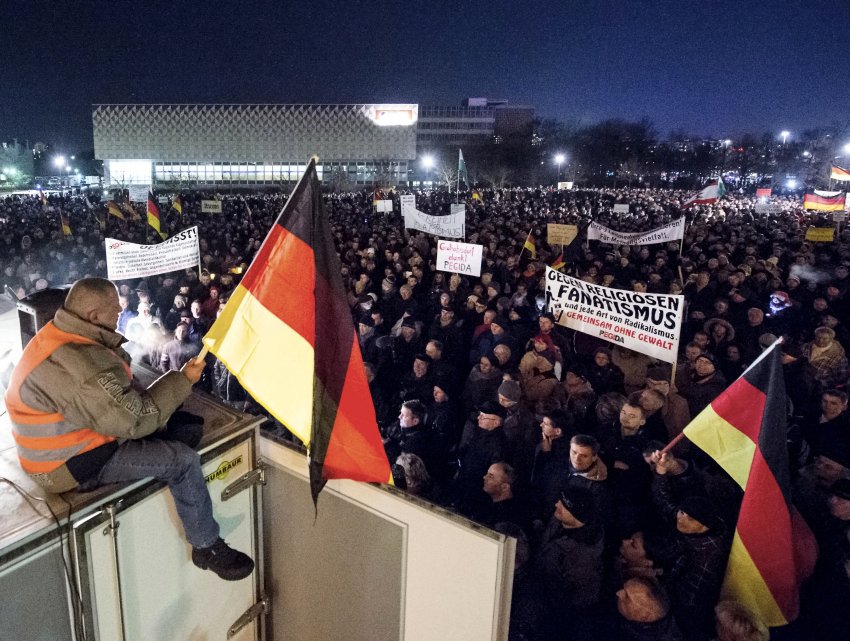

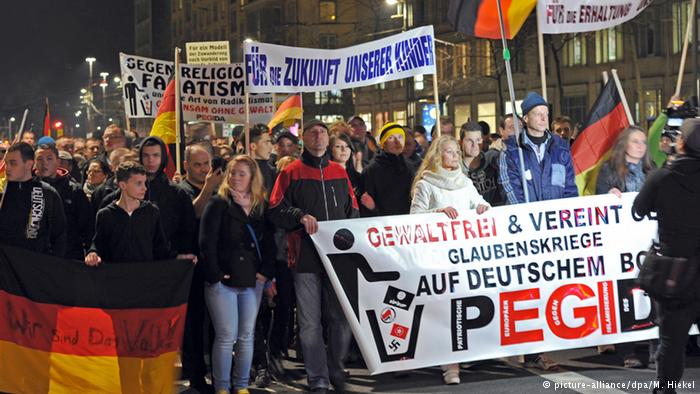
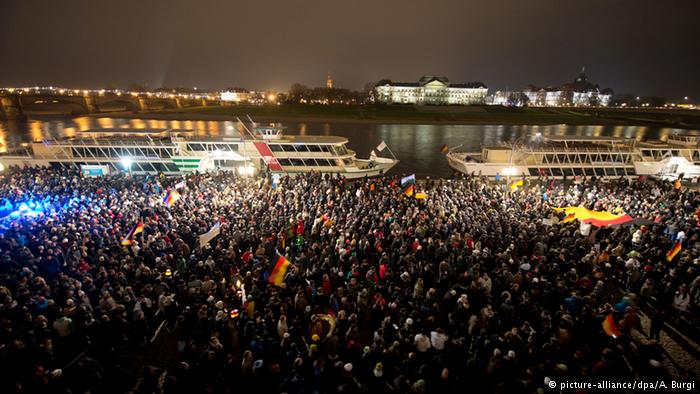
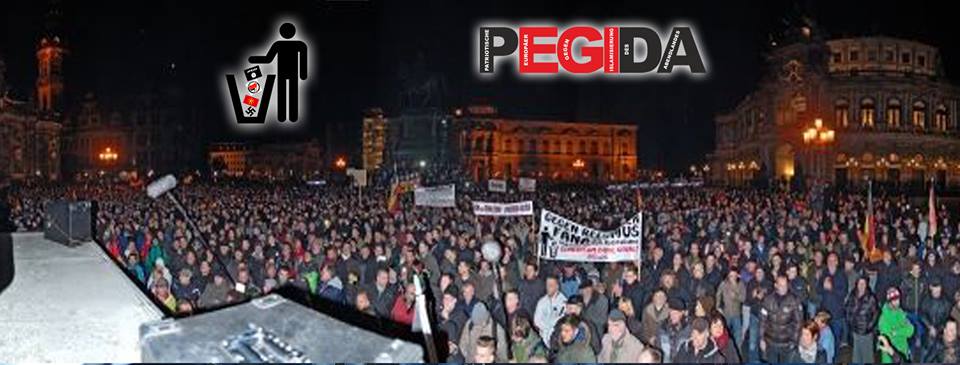
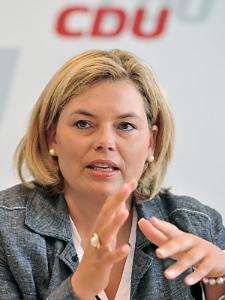 A regional official of Germany’s ruling CDU has demanded a ban on burkas in public places. The Rhineland-Palatinate official has reasoned that the veil is more a sign of suppression of women than of religious diversity.
A regional official of Germany’s ruling CDU has demanded a ban on burkas in public places. The Rhineland-Palatinate official has reasoned that the veil is more a sign of suppression of women than of religious diversity.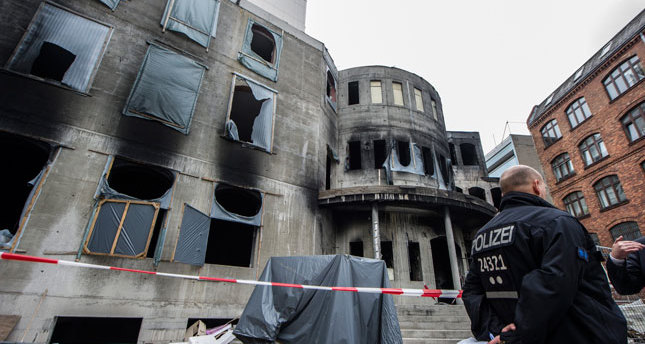 A report released by Parliament’s Human Rights Commission following the
A report released by Parliament’s Human Rights Commission following the 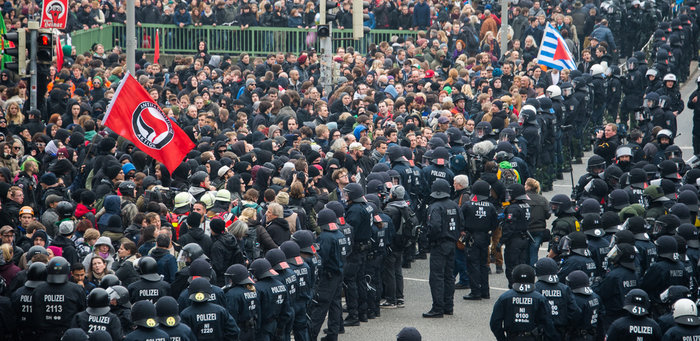 Hundreds of Germans, self-styled hooligans and far-right extremists, gathered in a controversial rally in Hanover on Saturday.
Hundreds of Germans, self-styled hooligans and far-right extremists, gathered in a controversial rally in Hanover on Saturday.